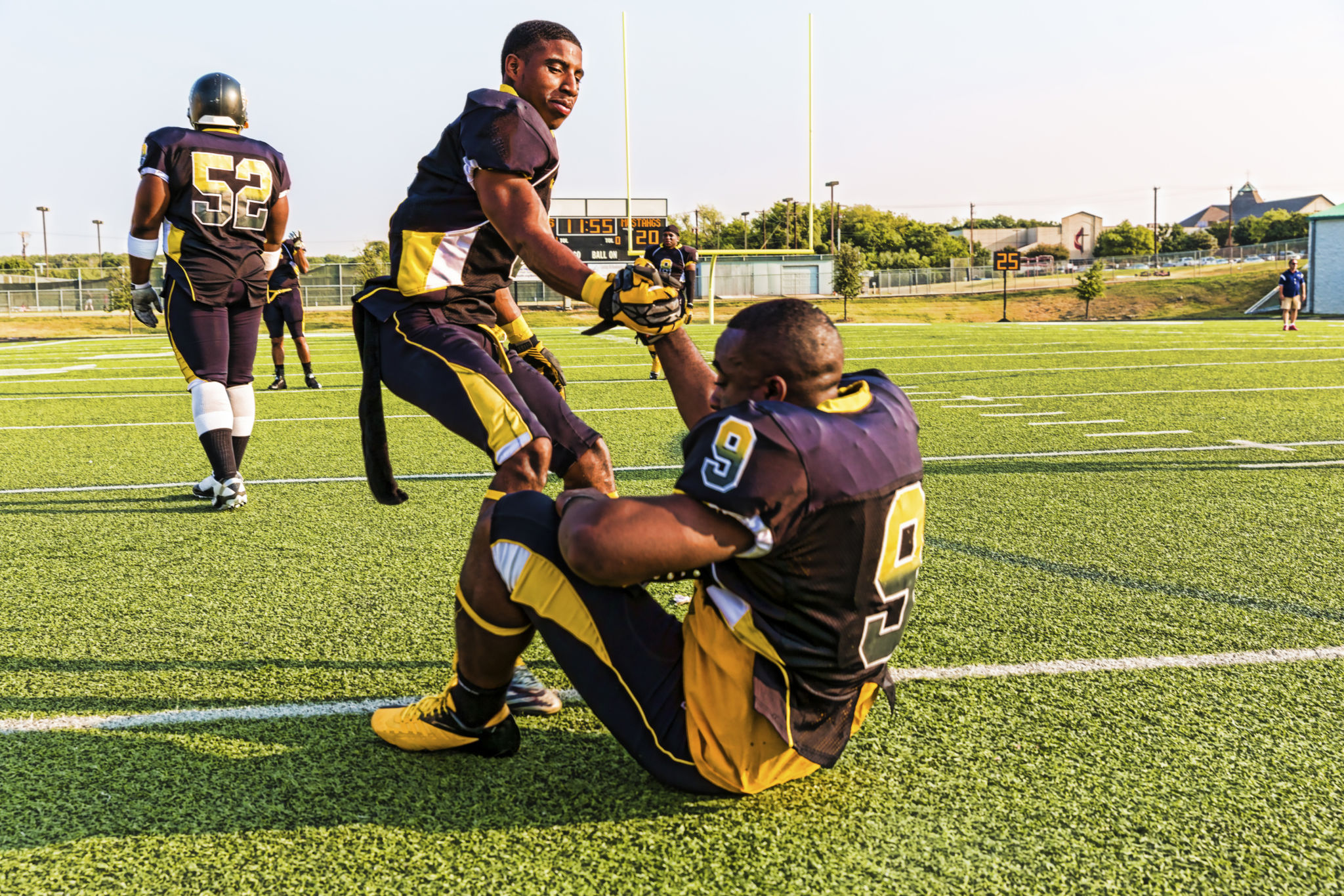Top Mistakes to Avoid in Football Training
Introduction to Common Training Mistakes
Football is a sport that demands dedication, skill, and strategic planning both on and off the field. Whether you're a beginner or an experienced player, understanding the right training techniques is crucial. However, many athletes fall into common traps that can hinder their progress. By identifying and avoiding these mistakes, you can enhance your performance and enjoy the game more fully.

Neglecting Proper Warm-Ups
A common mistake in football training is skipping or rushing through warm-ups. Warming up is essential for preparing your muscles and joints for the intense physical activity that follows. A good warm-up increases blood flow, enhances flexibility, and reduces the risk of injury. Players should spend at least 10-15 minutes on dynamic stretches and light exercises to ensure their bodies are ready for the demands of training.
Overtraining Without Adequate Rest
While dedication is admirable, overtraining can lead to burnout and injury. Football players need to balance their training intensity with sufficient rest. Without adequate recovery time, the body cannot repair itself, leading to decreased performance and potential long-term damage. Incorporating rest days and listening to your body are crucial components of a successful training regime.

Ignoring Technique and Form
Focusing solely on strength and endurance while ignoring technique is a significant error. Proper form ensures efficiency and effectiveness in every movement, reducing the risk of injury and enhancing performance. Coaches should emphasize technique in drills, ensuring players understand the fundamentals before progressing to more advanced skills.
Inadequate Nutrition and Hydration
Nutrition and hydration play pivotal roles in a player's performance. Consuming a balanced diet rich in proteins, carbohydrates, and fats fuels the body, while staying hydrated maintains optimal physical function. Players often underestimate the importance of these factors, leading to fatigue and decreased performance on the field.

Lack of Goal Setting
Training without clear goals is like navigating without a map. Setting achievable, specific goals helps players stay motivated and track their progress. Whether it's improving speed, mastering a particular skill, or increasing endurance, having defined objectives provides direction and purpose to each training session.
Not Tailoring Training to Individual Needs
Every player has unique strengths and weaknesses, and training programs should reflect this individuality. A one-size-fits-all approach can be detrimental, as it may not address specific areas that need improvement. Personalized training plans ensure that all aspects of a player's game are developed, leading to comprehensive growth.
Conclusion: Fostering a Holistic Approach
By understanding and avoiding these common training mistakes, football players can enhance their performance and enjoy a more successful sporting career. Focusing on a balanced approach that includes proper warm-ups, adequate rest, technical focus, nutrition, goal setting, and personalized training will help players reach their full potential on the field.
